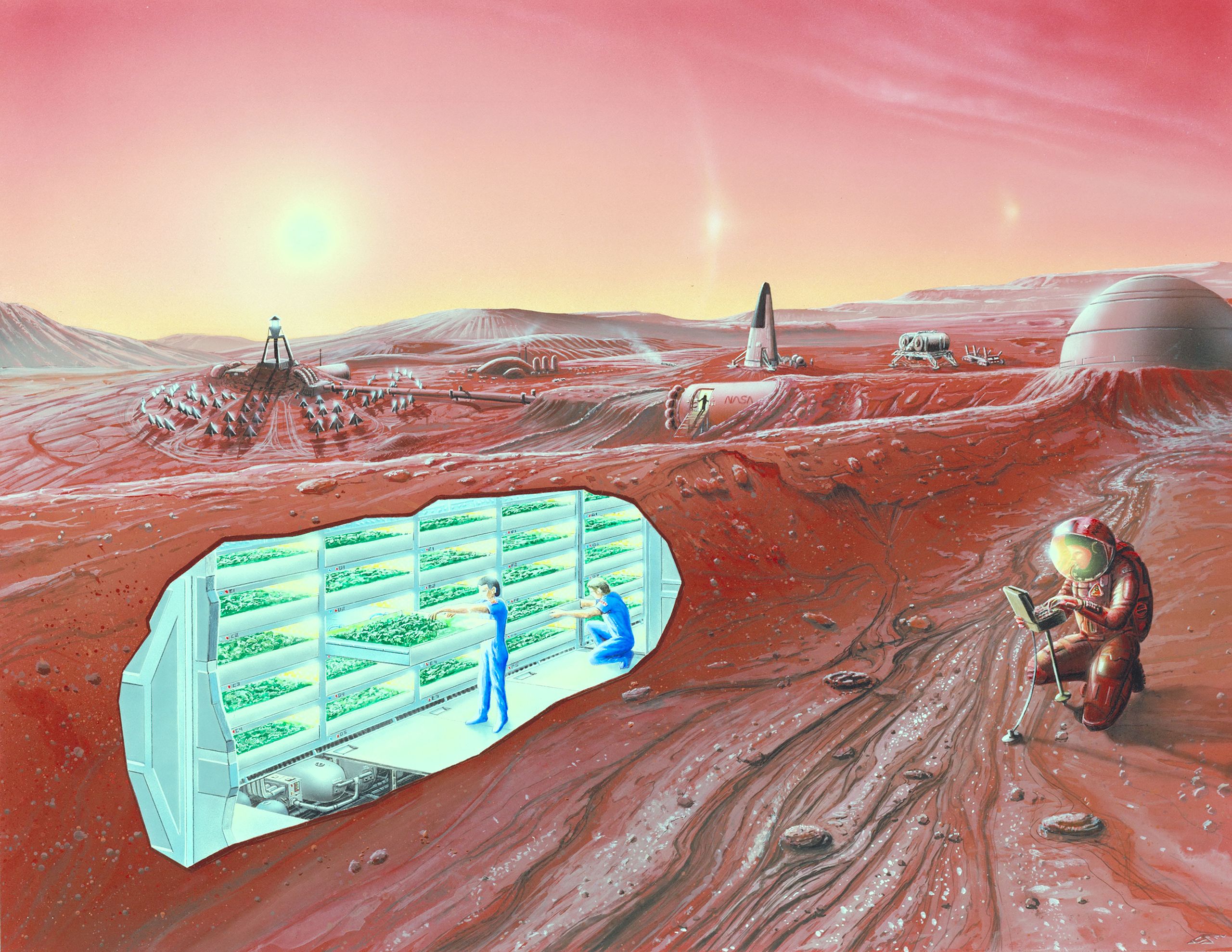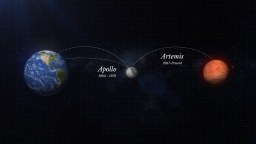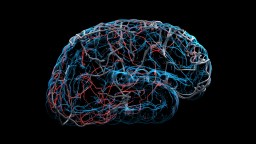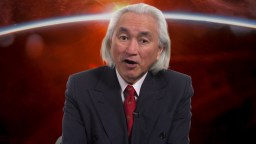science
Over the first half of 2025, the US has cut science as never before. This disaster for American science may be a gift to the rest of the world.
Here in 2025, many of us claim to come to our own conclusions by doing our own research. Here’s why we’re mostly deluding ourselves.
John Green opens up about his struggle to remain hopeful while writing about suffering and injustice.
Most people think that writing fantasy or science-fiction requires a strong imagination. Podcast host Mike Duncan shows a knowledge of real-world history is just as important.
All scientific theories are limited in scope, power, and application, being mere approximations of reality. That’s why consensus is vital.
Burns’ latest documentary dives into the long-romanticized life and work of the Italian polymath.
Algorithms dictate a lot more than your social media feeds. Here’s how to win back your agency.
▸
6 min
—
with
NASA’s Michelle Thaller explains what happens when the densest stars in the galaxy collide.
▸
5 min
—
with
At the turn of the millennium, a physicist fooled the global scientific community with the greatest discovery that never existed.
From forgotten Hollywood movies to Frank Herbert’s “Dune,” science fiction illustrates some of our deepest fears about technology.
We are ~99% genetically identical to chimpanzees. But there are three key traits that separate us.
▸
6 min
—
with
Frank Wilczek is celebrated for his investigations into the fundamental laws of nature that have transformed our understanding of the forces that govern our Universe. In this video, the MIT […]
▸
7 min
—
with
Neuroscientist Robert Sapolsky on the science of temptation, and the limitations of your brain’s frontal cortex.
▸
6 min
—
with
Darwin, Descartes, and Maxwell all believed in these science ‘demons.’
▸
7 min
—
with
Exercise culture is crazy. But what you need to do is exceedingly simple.
▸
with
The first human that isn’t an Earthling could be in our lifetime.
▸
5 min
—
with
Only 2% of Alzheimer’s is 100% genetic. The rest is up to your daily habits.
▸
9 min
—
with
Humans won’t survive if we stay on Earth. Michio Kaku explains.
▸
7 min
—
with
Eugenics is bad – but understanding DNA is good.
▸
4 min
—
with
“If 90% of children had ADHD and only 10% of children could sit still at a desk, how would we design school?”
▸
4 min
—
with
Are physicists about to decode a mysterious field of science that could have huge implications for your health?
▸
with
Basic and breath-taking – Dr. Frank Wilczek addresses symmetry’s critical role in nature’s laws and what we consider to be beautiful.
▸
with
Is this video four minutes long? Not necessarily.
▸
4 min
—
with
Our world would be impossible without quantum mechanics — but we still don’t have a narrative of how it works.
▸
5 min
—
with
Why are we here? What is everything made of? This theoretical physicist says science isn’t the right way to answer these questions.
▸
6 min
—
with
What lies in store for humanity? Theoretical physicist Michio Kaku explains how different life will be for your descendants—and maybe your future self, if the timing works out.
▸
with
Theoretical physicist Brian Greene explores the potential particles of time and why we could, in theory, travel forward in time but not back.
▸
with
A psychiatrist studied 1,000 near-death experiences. Here’s what he discovered.
▸
with
Dr. Sara Walker is an astrobiologist and theoretical physicist, who is questioning the very nature of life and how we’re attempting to find it elsewhere.
▸
6 min
—
with
Michio Kaku believes math is the mind of God.
▸
6 min
—
with





























